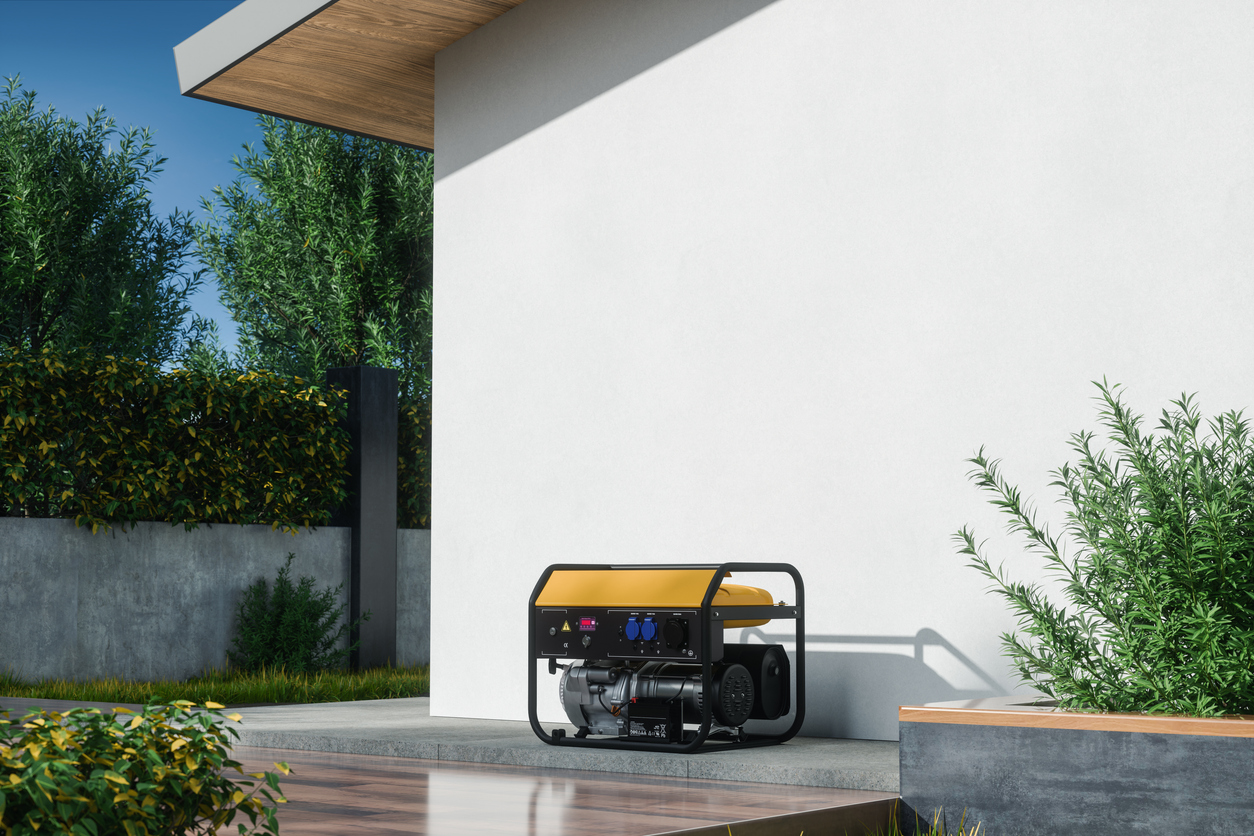Purchasing a new boiler is a significant investment that can greatly impact your home’s comfort and energy efficiency. With various types and models available, choosing the right boiler requires careful consideration of your household’s heating needs, budget, and long-term energy savings. You can find boilers with an online search.
Types of Boilers
There are three primary types of boilers: combi, system, and conventional. Each serves a different purpose and is suited to various heating needs. Combi boilers, short for combination boilers, are the most common in residential settings. They provide both hot water and central heating directly from the boiler, eliminating the need for a separate hot water cylinder. System boilers are similar but require a separate hot water cylinder, making them ideal for homes with high hot water demands. Conventional boilers (also known as regular or traditional boilers) are the oldest type and require both a hot water cylinder and a cold water storage tank. These are typically found in older homes or large properties with multiple bathrooms.
How Boilers Work
Boilers function by heating water through the combustion of fuel—most commonly gas, oil, or electricity. This heated water or steam then circulates through pipes to radiators or underfloor heating systems, providing warmth to the home. In a combi boiler, water is heated on demand, meaning it only heats water when needed. In contrast, system and conventional boilers store hot water in a cylinder, ready for use when required. The efficiency of a boiler is measured by how well it converts the energy from the fuel into heat. Modern boilers, especially condensing models, are designed to be highly efficient by capturing and reusing heat that would otherwise be lost.
Advantages of Modern Boilers
Modern boilers come with a host of advantages over their older counterparts. Efficiency is one of the most significant benefits. Newer models, particularly condensing boilers, can achieve efficiencies of over 90%, meaning they use less fuel to produce the same amount of heat. This not only lowers energy bills but also reduces the carbon footprint of a household. Additionally, modern boilers are typically more compact and easier to install, freeing up space in the home. They also feature advanced controls and timers, allowing homeowners to customize their heating schedules for greater comfort and efficiency.
Choosing the Right Boiler
Selecting the right boiler depends on various factors, including the size of the home, the number of bathrooms, and the heating needs of the occupants. For smaller homes with limited space and lower hot water demands, a combi boiler is often the best choice due to its compact size and on-demand heating. Larger homes with multiple bathrooms may benefit from a system or conventional boiler, which can supply hot water to several outlets simultaneously. It’s also essential to consider the fuel type available. While natural gas is the most common, some areas may only have access to oil or electricity. Additionally, homeowners should consider the long-term running costs and potential savings from a more efficient model.
Maintenance and Lifespan
Regular maintenance is crucial for the longevity and efficiency of a boiler. Annual servicing by a qualified technician ensures the boiler operates safely and efficiently, reducing the risk of breakdowns and prolonging its lifespan. During a service, the technician will check the boiler’s components, clean the parts if necessary, and make any adjustments to optimize performance. Neglecting maintenance can lead to costly repairs and may even shorten the boiler’s lifespan. On average, a well-maintained boiler can last between 10 to 15 years, although some may continue functioning effectively for longer.
Environmental Impact
As concerns about climate change grow, the environmental impact of heating systems has come under increased scrutiny. Boilers, particularly older models, are significant sources of carbon emissions. However, modern boilers, especially those using condensing technology, are much more environmentally friendly. They not only use fuel more efficiently but also produce fewer emissions. Moreover, the development of hybrid systems, which combine traditional boilers with renewable energy sources like solar thermal panels, offers a way to further reduce the environmental footprint of home heating.
Conclusion
Boilers are an essential part of modern living, providing warmth and hot water to homes and businesses alike. Understanding the different types of boilers, how they operate, and their benefits can help in making an informed decision when it comes to choosing and maintaining a heating system. With advancements in technology, modern boilers are more efficient, environmentally friendly, and tailored to meet the diverse needs of today’s households. Whether you’re upgrading an old system or installing a new one, the right boiler can offer both comfort and cost savings for years to come.


